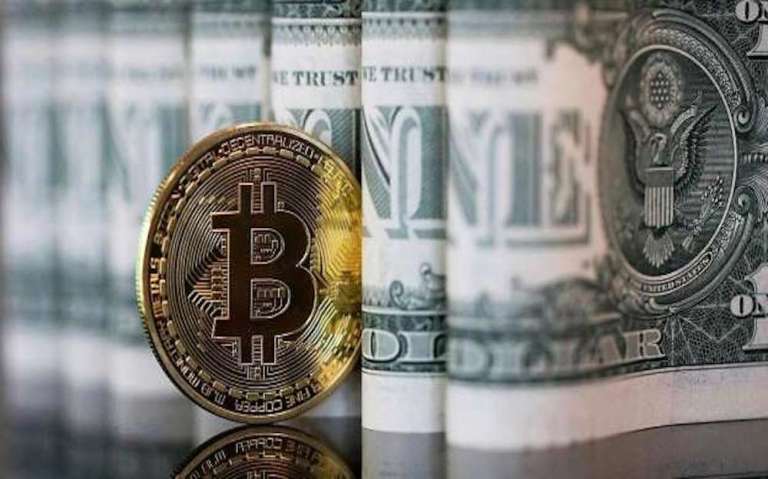FitPay has made it one. Flip, a new contactless payment device that the startup just made available for preorder, is a literal plastic coin resembling a casino chip or silver dollar that pairs with a cryptowallet on a customer’s phone, enabling them to tap the coin to pay instead of reaching for their phone.
Why not just tap the phone and be done with it? Gino Pereira, CEO of FitPay’s sister startup NXT-ID, cited a few reasons.
He said the Flip is more like a wearable, providing quick and convenient access to payments when a customer’s phone or wallet is buried in a purse or pocket.
On top of that, Pereira said the device provides an extra layer of authentication, as its near-field communication (NFC) tech is more secure than a phone, which is permanently on – NFC connections only activate when triggered at a point of sale (POS).
Then, of course, there’s the simple fact that it’s kind of fun.
Advertisement: Scroll to Continue
“Folks who have bitcoin are early adopters,” Pereira said. “This is a conversation piece; people ask about it. That appeals to the type of consumer who’s into this – consumers who love new tech.”
Pereira explained that Flip works by converting bitcoin stored in a crypto wallet on a mobile phone into usable everyday currency. This enables the bitcoin holder to utilize his funds anywhere that digital payments are accepted, since the device will simply look like an ordinary credit or debit card to the POS.
The coin itself acts as a stored value device similar to a gift card. It holds a specified number of dollars and does not have infinite draw capacity from the user’s crypto wallet.
That means if the coin were lost or stolen, its value would be limited to the stored value on the device. Once that got used up, the coin would have no more value except to the rightful owner, who has exclusive access to reload it from his mobile device. Furthermore, added Pereira, the coin can be disabled from the app if the user discovers it is missing.
Pereira said that the Flip coin could help socialize the idea of using bitcoin in the real world, and that it would be attractive to users because it transforms what was previously just an investment vehicle into something with utilitarian value.
He said this is just the first iteration of the device, with other form factors coming down the line. Future iterations will likely introduce more security features, like two-factor authentication, as devices become capable of carrying larger sums.
The vision is to extend this capability to any device that’s attached to FitPay’s platform, Pereira said. One day, the startup hopes to offer a single device that enables users to pay with any method they like.

